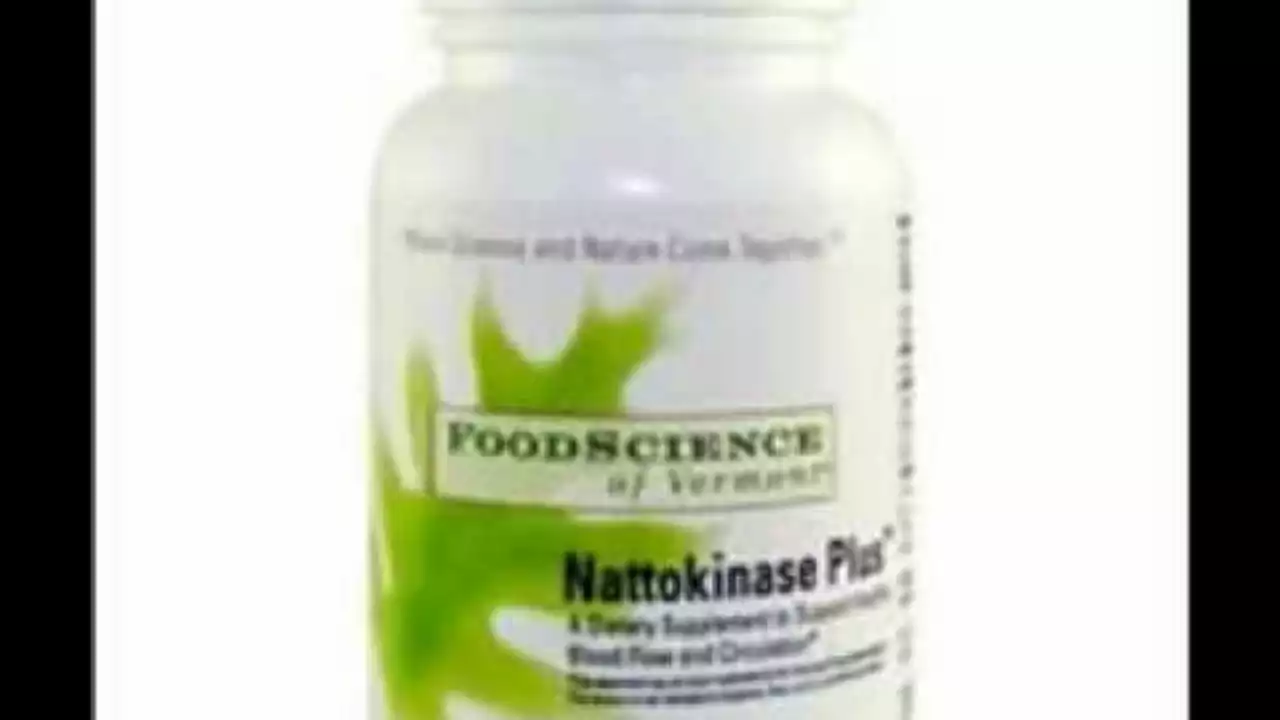All-Natural: Practical Guides to Remedies, Supplements and Drug Alternatives
Looking for real, usable information about natural options? You’re in the right place. This tag collects clear, no-nonsense guides on herbal supplements, plant-based remedies, and natural alternatives to common medicines. Expect honest takes on what works, what doesn’t, and how to stay safe.
When a natural option makes sense
Natural choices can be great for mild problems or as a complement to medical care. For example, saw palmetto and pumpkin seed oil come up a lot for hair loss and may help some people reduce DHT levels. Lavender oil and certain supplements like GABA can ease mild anxiety for short-term use, such as before a presentation. And herbal supports like Solomon’s Seal or digestive enzymes such as ficin are often used for joint or gut health. The key is realistic expectations: many natural remedies act slower than drugs and help some people more than others.
Use a simple test: if your issue is urgent or life-threatening (severe infection, chest pain, sudden vision loss), skip home remedies and get medical care. If you’re managing mild symptoms or looking to support long-term wellness, natural options can be part of the plan.
How to pick and use natural products safely
Quality varies. Look for reputable brands, third-party testing, and clear ingredient lists. Avoid products that promise instant cures or list dozens of ingredients without doses. Start with one change at a time so you can track effects and side effects. Keep doses conservative at first and follow evidence-based guidance where available.
Interactions matter. Some herbs and supplements interact with prescription drugs. For example, certain herbal products can affect blood thinners or blood pressure meds. Tell your doctor every supplement you take, and especially check with them if you’re pregnant, nursing, or have chronic conditions.
Pay attention to timing and form. Some supplements absorb better with food; some topical oils work best with massage. If a product is meant to be taken weekly (like some nail antifungals) follow the schedule — consistency matters more than high doses.
Want concrete reading? We have focused guides here: natural DHT blockers vs. finasteride, natural and OTC alternatives to beta-blockers, herbal supplements like Solomon’s Seal and ficin, and reviews that compare natural options with pharmaceuticals. Each piece explains evidence, typical doses, pros and cons, and who might benefit most.
If you’re curious but cautious, start small, check product quality, and keep a line open to your clinician. Natural does not automatically mean safe, but with the right choices it can be a practical part of your health toolkit. Browse the posts below to find detailed reviews and step-by-step tips for specific needs.
Tylophora: The All-Natural Dietary Supplement You've Been Waiting For
I recently came across Tylophora, an all-natural dietary supplement that I believe is worth sharing with you all. This incredible plant-based supplement is known for its numerous health benefits, including boosting immunity and respiratory health. Plus, it's an ideal option for those looking to incorporate natural remedies into their daily routine. I'm excited to give Tylophora a try, as it seems like the perfect addition to my wellness journey. So, if you're looking for a natural supplement to improve your overall health, Tylophora might just be the answer you've been waiting for!

